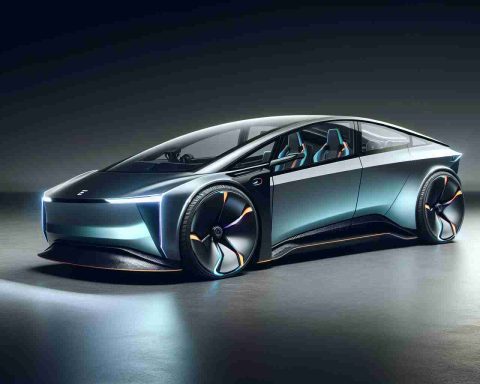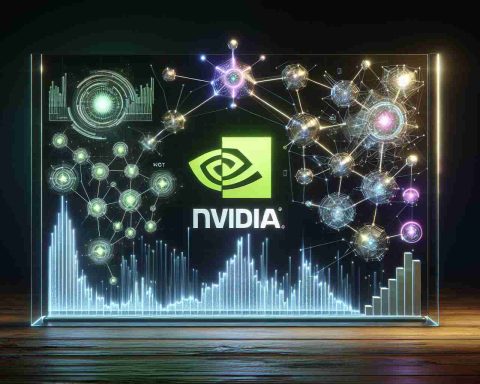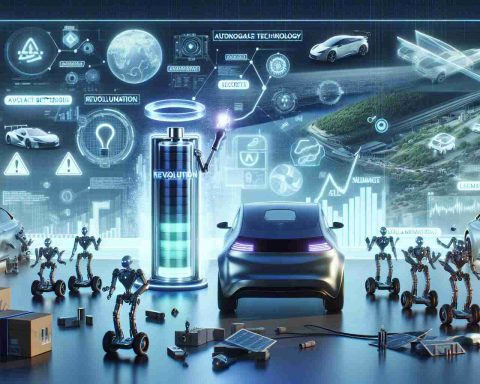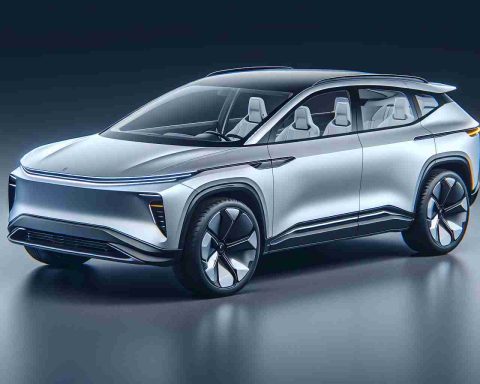Tesla is facing backlash for its refusal to allow the transfer of its Full Self-Driving (FSD) software package between vehicles. Customers, many of whom paid as much as $15,000 for a product that has yet to be fully realized, feel unfairly treated as they are unable to transfer their existing software to new vehicles.
Background on FSD and Tesla’s Hardware Issues
Since its inception in 2016, the FSD package promised advanced driving assistance and future capabilities of unsupervised driving through software updates. However, as technical limitations became apparent, Tesla introduced new hardware components—in 2019, the HW3 system was upgraded to HW4, yet many vehicles still faced delays due to hardware restrictions.
Consequently, owners of the HW3 vehicles have endured significant uncertainty regarding their FSD capabilities, with the company now focusing more on the newer HW4 systems.
The Demand for Change
In light of these issues, a growing number of Tesla customers have requested the ability to link their FSD package to their account rather than just to the car. Doing so would allow them to transfer the software to newer models, ensuring fairness and a better chance of receiving the promised features. However, Tesla’s management has consistently denied such requests, leaving many frustrated and feeling exploited.
In a recent outreach, a Tesla representative confirmed that the transfer option was unavailable. This refusal to adapt has left customers wondering about Tesla’s commitment to its long-promised autonomous driving future. Despite the undeniable demand for its vehicles, the company appears to prioritize short-term sales tactics over customer satisfaction.
Implications of Tesla’s Full Self-Driving Controversy
Tesla’s refusal to allow the transfer of its Full Self-Driving (FSD) software not only affects individual customer experiences but may also ripple across broader societal and economic landscapes. As consumers face rising discontent, this situation exposes vulnerabilities in the rapidly evolving tech-driven automotive sector. Growing awareness of these grievances could foster a more significant backlash against perceived corporate indifference toward customer rights and product transparency.
From a cultural standpoint, the incident highlights burgeoning expectations for technology ownership. As consumers become more technologically savvy, they demand not just innovation but ethical practices from companies. In an age where digital platforms frequently allow the transfer of digital assets, Tesla’s rigid approach could alienate its user base and encourage a shift toward competitors who prioritize customer flexibility.
Potential environmental implications are also noteworthy. If FSD software is tethered strictly to vehicles, it fails to promote sustainable practices by discouraging the upgrading of older models, which could otherwise benefit from updated technology without necessitating new production. This reluctance could inadvertently lead to an increase in electronic waste as consumers feel pressure to abandon older vehicles.
In the context of future trends, this controversy may spark discussions among legislators regarding consumer protection laws in the tech sphere. As the conversation regarding digital ownership rights continues to evolve, it is plausible that regulatory frameworks will adapt, mandating more customer-centric practices from automotive giants. Thus, this ongoing situation stands at a crossroads, posing challenges and opportunities for all stakeholders involved.
Is Tesla Ignoring Customer Needs with Its FSD Software Controversy?
The Full Self-Driving Dilemma
Tesla’s Full Self-Driving (FSD) software package has revolutionized the conversation around autonomous driving, yet it also poses substantial challenges for the company and its customers. Initially launched in 2016, FSD promised groundbreaking features aimed at achieving full autonomy via software updates. However, many customers who invested heavily—up to $15,000—are now grappling with the limitations of their vehicles and the inability to transfer their software to newer models.
Understanding the Hardware Shift
The ongoing hardware evolution at Tesla has compounded customer frustration. The introduction of Hardware 3 (HW3) and its subsequent upgrade to Hardware 4 (HW4) left many earlier adopters feeling sidelined, as they cannot leverage the latest FSD enhancements on their vehicles. This has effectively created a divide between owners of HW3 cars and those who have purchased newer models, raising concerns about the equity of access to premium software features.
Customer Expectations vs. Company Responses
The refusal by Tesla to allow FSD transfers is not just a policy disagreement but a deeper issue of customer trust and brand loyalty. Many Tesla owners now advocate for a shift wherein FSD ownership links to their Tesla accounts rather than specific vehicles. Such a change would recognize the significant investment made by these customers and grant them greater flexibility as they update their vehicles.
Pros and Cons of the Current FSD Model
Pros:
– Maintains exclusivity; FSD remains tied to vehicle ownership.
– Encourages customers to purchase new models, potentially boosting Tesla’s sales.
Cons:
– Customers feel shortchanged after significant investments.
– Limits customer loyalty as frustrations mount.
– Perception of Tesla as prioritizing profits over consumer satisfaction.
The Market Response and Future Predictions
As backlash continues, industry experts suggest that Tesla may need to rethink its strategy to avoid lasting damage to its brand reputation. A potential solution could lie in leveraging software-as-a-service models, allowing customers to access features based on their subscriptions. This could enhance customer loyalty and attract new buyers who are hesitant due to existing policies.
Security and Sustainability Considerations
Security remains a paramount concern with autonomous driving technologies. Tesla must ensure that software updates are delivered securely to avoid vulnerabilities that could jeopardize user safety. Furthermore, adopting a more flexible FSD model could promote sustainability by encouraging owners to upgrade vehicles and thus reduce the carbon footprint associated with older technology.
Conclusion
Tesla’s handling of its FSD software transfer issue reflects broader trends in consumer technology rights and corporate accountability. As expectations for user flexibility continue to rise, Tesla faces the dual challenge of maintaining profitability while ensuring customer satisfaction. The future may require innovative approaches that align more closely with user needs, possibly reshaping the autonomous driving landscape.
For more insights on Tesla’s innovations and market strategies, visit Tesla’s official website.


















